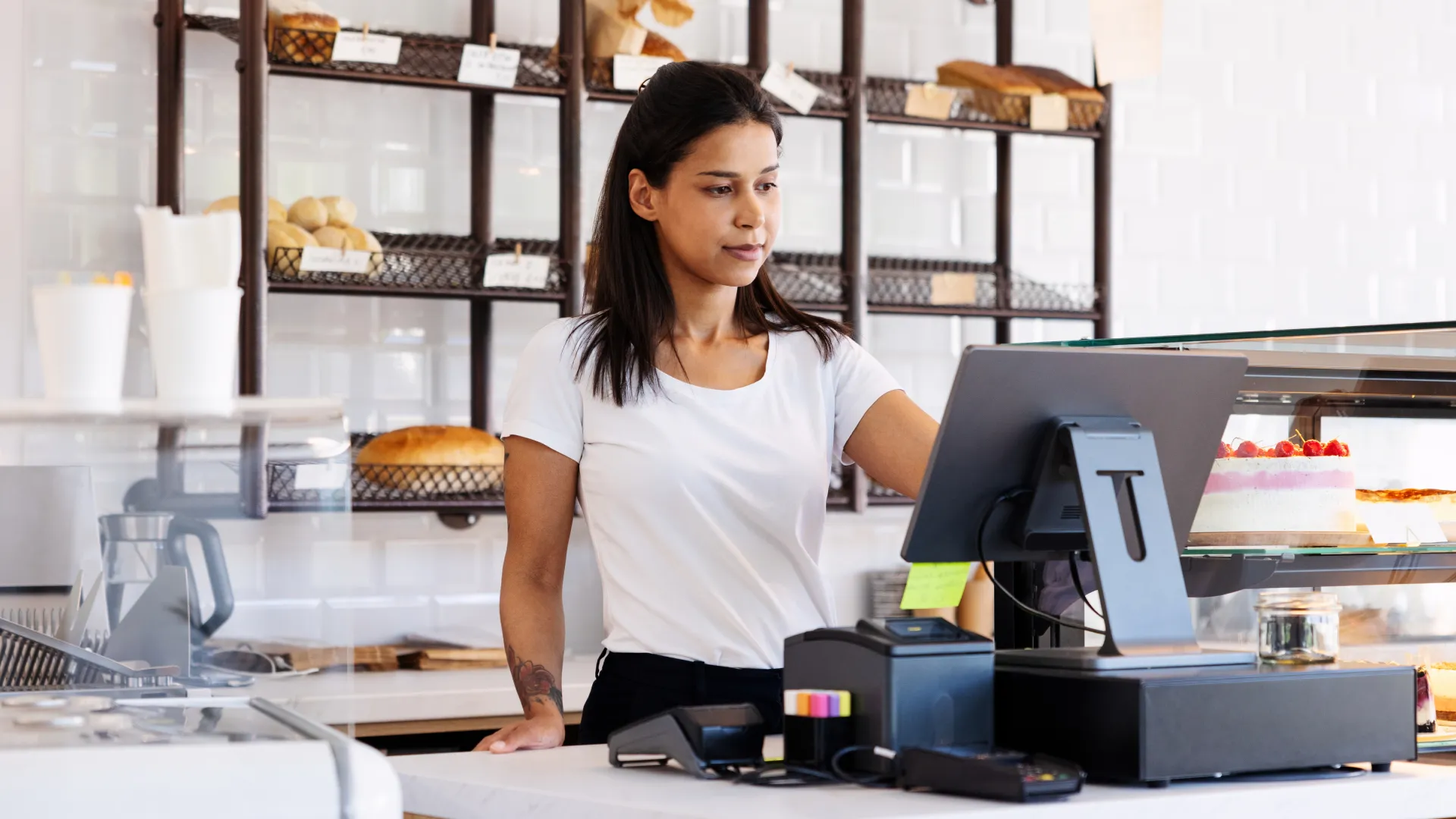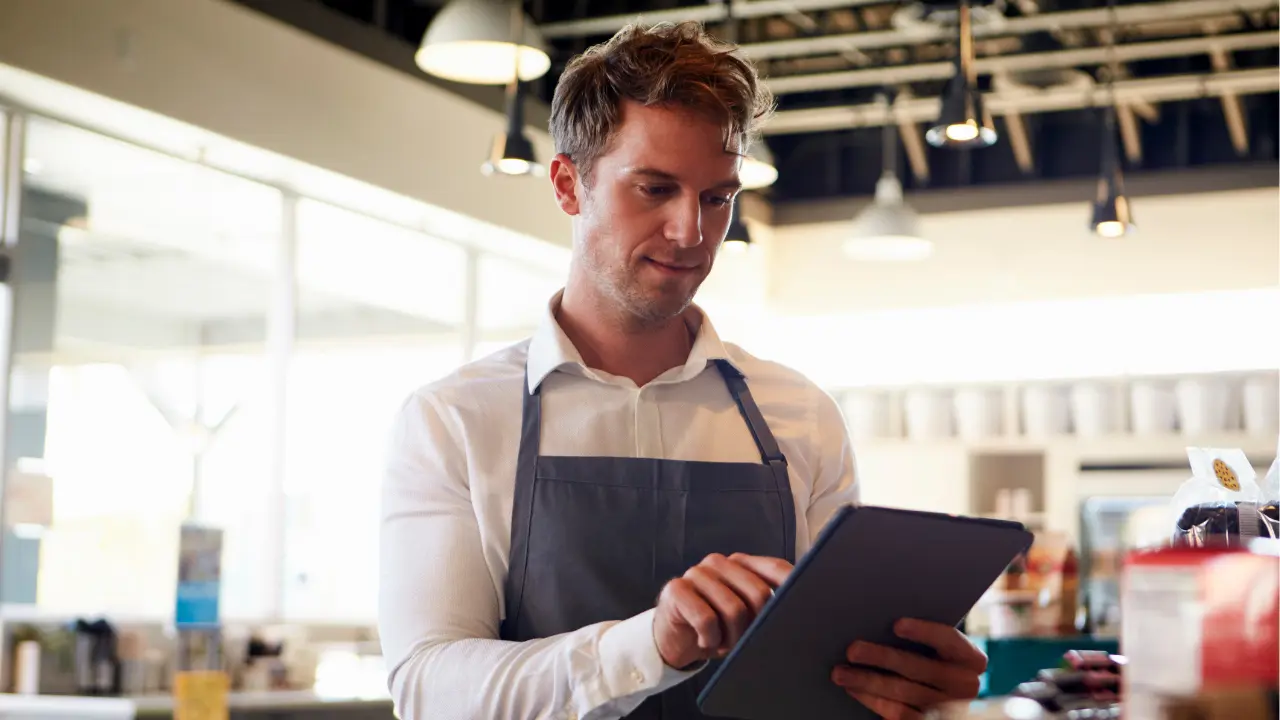
Kassaregister: Certified cash registers in Sweden
If you're a Swedish company or sell in Sweden, you’ll quickly meet three words: Skatteverket (the Swedish Tax Agency), kassaregister (cash register), and kontrollenhet (control unit).
We break down the essentials:
- what the rules are,
- why they exist,
- who must comply,
- and what’s changing
We’ll also touch on modern options like cloud based POS software and certified cloud control units.
Fiscalization in Sweden: Key terms
- Skatteverket: Sweden’s tax authority. It sets and enforces cash-register rules, keeps the lists of manufacturer-declared registers and certified control units, and performs inspections.
- Kassaregister: The cash register. Any system that registers sales must be certified and meet the Swedish Tax Agency's technical rules (SKVFS 2014:9, now evolving to SKVFS 2021:17). It must work with a certified control unit.
- Kontrollenhet: The control unit, a security component that receives each receipt event, generates a control code, and stores data for audit. It can be hardware or cloud (via API).
Why cash registers are required in Sweden
Sweden introduced mandatory certified registers to protect compliant businesses and make tax evasion harder in cash and card-heavy sectors. The rules are defined in the Tax Procedure Act and in Skatteverket regulations, specifically
- SKVFS 2014:9 (details the technical requirements that cash registers must meet to be considered compliant)
- and SKVFS 2014:10 (outlines the rules for the use of cash registers).
Since 2010, qualifying merchants must use certified systems with a control unit and the enforcement applies on a national level.
What are the cash register requirements in Sweden and what's the role of Skatteverket?
Businesses that accept payments in cash, by card, or equivalent electronic methods and exceed the annual turnover threshold (SEK 235,200, as of 2025) must use a certified cash register connected to a certified control unit. The control unit generates unique control codes and stores transaction data, and can be provided either as a physical device or a cloud-based service accessed via API.
All fiscal equipment must be registered with the Swedish Tax Agency, and daily procedures must be followed, including issuing a receipt for each transaction (in paper or electronic form) and generating an end-of-day report.
1. Certification of the cash register and control unit
A key element of Sweden’s fiscalization system is the use of certified equipment. Cash registers must include a manufacturer’s declaration confirming compliance with Skatteverket’s technical rules (mainly SKVFS 2014:9). The connected control unit must also be certified, following security and functionality standards set by the Tax Agency (such as SKVFS 2009:2).
2. Reporting to the Tax Agency
After obtaining a certified cash register and control unit, businesses must register them with Skatteverket. Registration is mainly done through an online service provided by the Tax Agency.
Any changes to registered equipment must also be reported within two weeks, including
- Acquiring an additional cash register,
- Replacing an existing cash register or control unit,
- or connecting a cash register to a different control unit.

What changes are coming?
From January 1, 2027, all cash registers covered by the fiscalization rules must meet the updated technical standards set out in the Swedish Tax Agency's regulation SKVFS 2021:17. A central change is that cash registers with journal memory must be able to produce transaction logs in a standardized XML format.
Where do these regulations apply?
The fiscalization requirements apply nationwide. There are no provincial variants (like in Spain), the rules are set and enforced centrally by the Swedish Tax Agency across the country.
Who must comply with the obligation?
You must use a certified cash register if you sell goods or services in Sweden and accept cash, cards, or equivalent electronic payments and your annual sales of those payments exceed four times the price-base amount (SEK 235 200 for 2025) for the financial year. If you’re below that level, you’re exempt.
Additional activity-based exemptions include, for example, taxi operations and unmanned sales via vending machines.
Opportunities for modern cloud fiscalization: certified control units via API
Sweden’s regulatory framework does not mandate a hardware-only approach. As long as the functional and security requirements are met, a control unit can also be implemented as a certified cloud-based solution via API, similar to other countries like Germany or Austria.
Compliance through a cloud service offers advantages compared to a hardware approach:
- Flexibility: Cloud-based control units integrate seamlessly with modern cloud POS systems and enable smooth connections with other business tools, reducing reliance on proprietary hardware.
- Reduced hardware dependence: Unlike traditional POS systems, mobile POS with cloud APIs doesn’t rely on bulky local servers or special hardware. This lowers costs and allows updates to roll out centrally.
- Scalability: Ideal for a bigger infrastructure managing a large number of registers across multiple locations.
- Reliability and compliance: Certified cloud services are maintained by the provider, updates or regulatory changes are covered quickly, removing part of the compliance burden from businesses.



